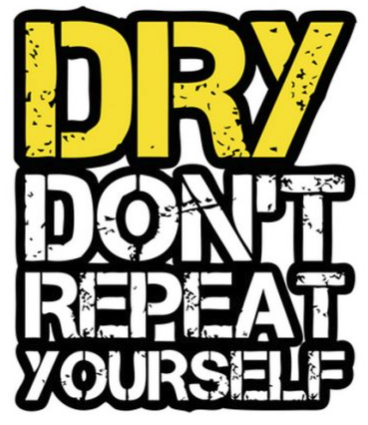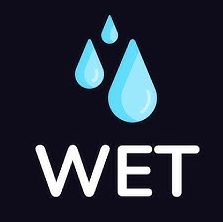
YAML (“Yet Another Markup Language”) is a human-readable data serialization language. It is commonly used for configuration files Basic Rules YAML is case sensitive. YAML does not allow the use of tabs. Spaces are used instead as tabs because tabs are not universally supported. Scalar types (Datatypes) 1n1: 1 # integer …
Read More
AWK is a line-oriented language basically used to manipulating data and generate reports. awk script no required any compiler to compile. In awk we use variables, numeric functions, string function and logical operators. Awk is abbreviated from the names of the developers – Aho, Weinberger, and Kernighan. An awk …
Read More
The DRY Principle, which stands for Don't Repeat Yourself is a software development principle that emphasizes the importance of reducing repetition of code and data. The main idea is to avoid duplicating code across a system to improve its maintainability, readability, and reusability. By ensuring that every piece of …
Read More
Tell me about yourself Certainly, I'd be happy to. I hold a Bachelor's degree in Computer Science and have spent the last six years working in software development. I've had the opportunity to work on various projects, from developing mobile applications to leading a team of developers in my previous role at XYZ …
Read More
The KISS Principle, which stands for Keep It Simple, Stupid is a design and software development principle that advocates for simplicity. The main idea behind KISS is that systems and code should be kept as simple as possible to avoid unnecessary complexity. By doing so, the system becomes easier to understand, …
Read More
SOLID principles are a set of five design principles in object-oriented programming and design, introduced by Robert C. Martin (often known as "Uncle Bob"). These principles aim to make software designs more understandable, flexible, and maintainable. SOLID is an acronym that stands for: S - Single …
Read More
The WET Principle, which stands for Write Everything Twice or We Enjoy Typing is often seen as the opposite of the DRY (Don't Repeat Yourself) principle. While DRY focuses on minimizing code duplication to reduce redundancy and maintenance effort, the WET principle suggests that some level of repetition or redundancy …
Read More
The YAGNI Principle stands for You Aren't Gonna Need It. It is a software development principle that suggests you should not add functionality or features until they are necessary. YAGNI is a key principle of agile development and is often used in conjunction with other practices like Extreme Programming (XP) and Lean …
Read More